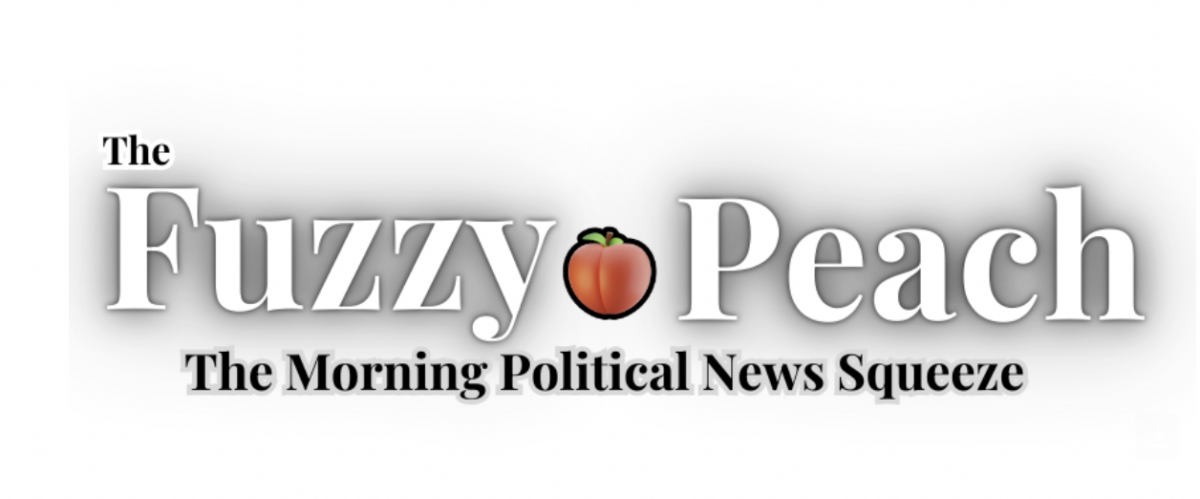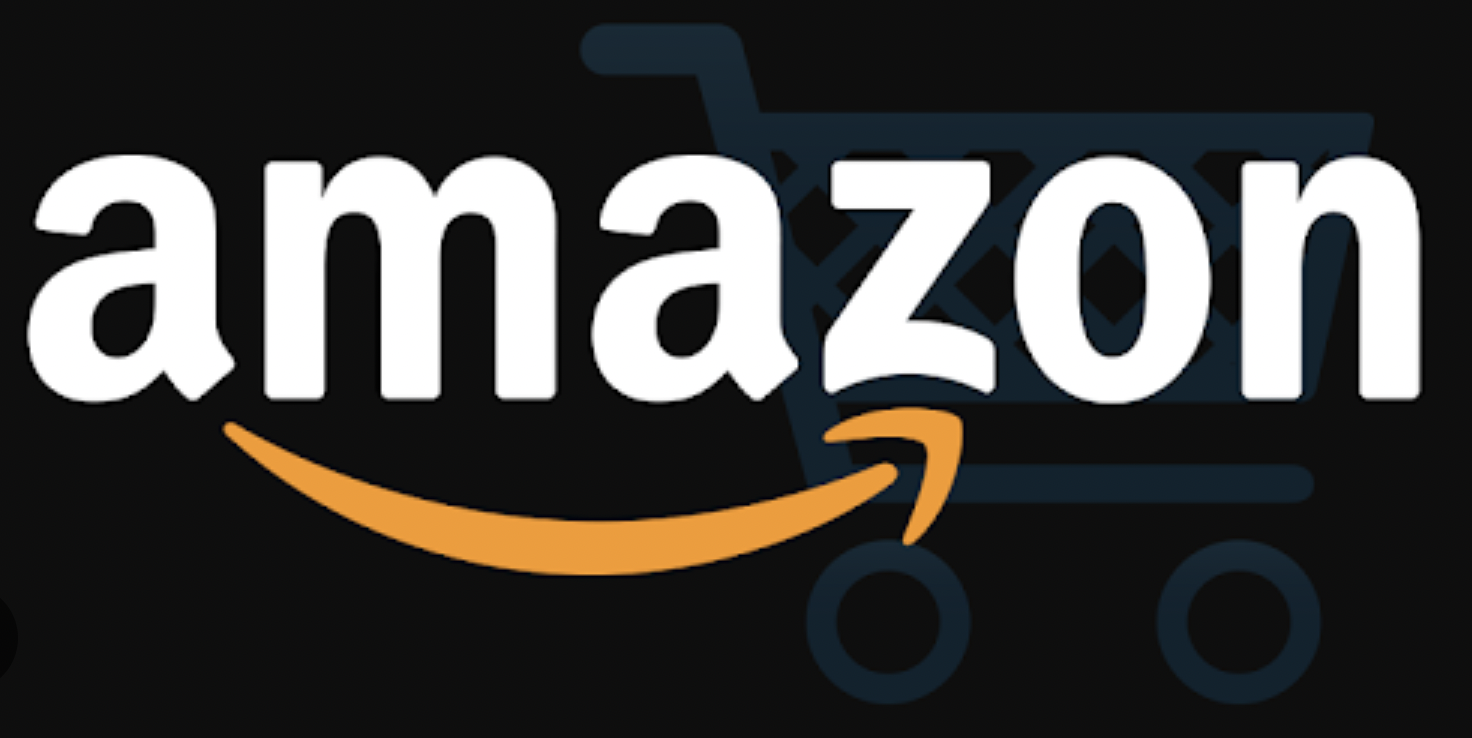The Make America Healthy Again (MAHA) movement has taken the U.S. by storm, with millions of parents voicing their concerns about the hidden dangers to their children in everyday products. Whether it’s advocating against toxic chemicals in baby shampoos, removing artificial dyes from cereals, or pushing for better food labeling, so-called MAHA "mom-fluencers" have been at the forefront of advocating for child health and safety.
With the support of the Trump administration, these women have made significant strides in holding corporations accountable for putting profits before the well-being of families. But there’s one major blind spot in this crusade: the potentially dangerous, and often toxic, children’s products flooding into American homes through foreign-owned online marketplaces like Shein and Temu.
These ultra-cheap e-commerce giants claim to offer budget relief for struggling families, but the cost is often paid in customers’ health and safety. From alleged lead-tainted jewelry to flammable pajamas, the many alleged dangerous products on Shein and Temu could represent a growing threat to children’s health.
It's not just about clothing, with dangerous forever chemicals like phthalates infiltrating the toy section on these sites and illegal suffocation risks like crib bumpers being advertised for sale, these hazardous items are slipping through the cracks of the U.S. regulatory system.
Shein and Temu have expanded rapidly in recent years, thanks to a previous legal loophole known as the de minimis exemption. While President Trump ended the exemption on August 29, these retailers are still skirting safety regulations and are allegedly selling dangerous items – just at a higher price point.
This isn’t a new phenomenon, nor is it strictly confined to Shein and Temu.
In 2020, The Wall Street Journal reported that thousands of third-party products on Amazon failed to comply with federal safety standards, with the vast majority coming from sellers based in China. These products are often shipped directly to American homes, bypassing the kind of oversight that would prevent them from hitting shelves in a physical store.
These threats prompted two U.S. Consumer Product Safety Commission (CPSC) members to call on the agency to investigate safety practices regarding children’s products. While it is encouraging that federal regulators have acknowledged the problem, American consumers and families need to be made aware of the dangers their children are facing.
The MAHA movement has long been about making informed, health-conscious choices to protect children from harmful substances in their food, medicine, and environment. Yet, the advent of online marketplaces that ship directly from abroad has created a loophole, resulting in Americans unwittingly buying potentially dangerous and toxic products for themselves and their child
If the MAHA movement is serious about ensuring that kids are safe, it cannot afford to ignore the virtual shelves of Shein and Temu any longer. The same vigilance that has led to the removal of toxic chemicals from common household products needs to be applied to the global supply chains that are infiltrating our homes through these platforms.
Making America healthy again must confront the potentially growing health risks posed by online platforms like Shein and Temu. The products sold on these sites may be cheap, but the price of ignoring their alleged safety risks is far too high.
MAHA moms can be leaders on this issue by raising their increasingly powerful voices and demanding better standards and oversight for products sold to Americans by Shein and Temu. Let’s ensure that our children’s health isn’t for sale – no matter how tempting the price tag may be.












